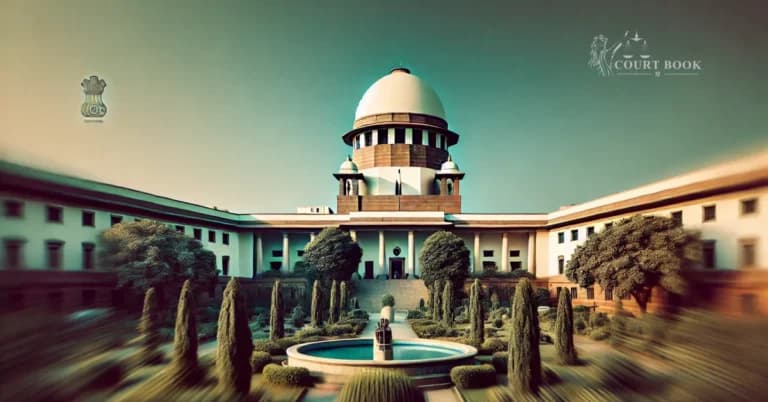The Supreme Court of India is currently hearing two writ petitions filed by the Tamil Nadu government against Governor Dr. RN Ravi for withholding assent to 12 bills passed by the State Assembly. The state argues that the Governor's actions violate Article 200 of the Constitution, which outlines the process for granting or withholding assent to bills.
Under Article 200, the Governor has three options upon receiving a bill:
- Grant assent.
- Reserve the bill for the President's consideration.
- Withhold assent and return it to the State Legislature for reconsideration.
Senior Advocates Mukul Rohatgi, Abhishek Manu Singhvi, and P. Wilson contended that the Governor’s act of indefinitely withholding assent—often referred to as a 'pocket veto'—is unconstitutional. The Supreme Court referred to the Punjab judgment, where it was established that withholding assent effectively means returning the bill to the State Legislature.
Read Also:- Doctrine of Transmigration of Motive: Supreme Court's Explanation Under Section 301 IPC
“If the Governor decides to withhold assent under the substantive part of Article 200, the logical course of action is to return the bill to the State Legislature for reconsideration.”
Senior Advocate Rakesh Dwivedi argued that withholding assent without sending the bill back to the legislature is unconstitutional. He described it as putting bills into "cold storage," effectively obstructing the legislative process. Justice Pardiwala acknowledged this point, emphasizing that the Governor’s role is primarily advisory.
Attorney General R. Venkataramani defended the Governor’s actions, arguing that the decision to withhold assent was coincidental to the Punjab judgment. However, the court questioned why the Governor took three years to decide on these bills and why no clear reasons were provided.
Read Also:- Acquittal in Criminal Case Does Not Prevent Departmental Inquiry: Supreme Court
“The Governor is not a ‘super-legislature’ or a court of law. If the law is intra vires (within the constitutional framework), that should be the end of the matter.”
The petitioners argued that the Governor can only send bills for Presidential consideration at the first instance. If the Governor chooses to withhold assent, the bill must return to the State Legislature with clear reasons. Merely sending it back without explanation undermines federal principles.
Justice Pardiwala questioned whether the Governor must assent to a bill even if it is repugnant to a central law. The response from the petitioners was that only "absolute repugnance" can justify a second referral to the President. Otherwise, the Governor is bound to grant assent if the legislature re-passes the bill.
Read Also:- Supreme Court Condemns False Allegations of Misrepresentation, Imposes Rs. 5 Lakh Cost
The court repeatedly emphasized the need for the Governor to provide reasons for withholding assent. Justice Pardiwala criticized the lack of transparency, stating that decisions should be based on "objective satisfaction" and supported by recorded reasoning.
“In the name of repugnancy, you cannot indefinitely withhold assent. There must be objective material to justify such an action.”
Senior Advocate Singhvi argued that even in cases where no time limit is specified in the Constitution, courts have interpreted "reasonable time" as an essential requirement. He cited the Keisham Meghachandra Singh case, where the Supreme Court imposed a three-month limit on Speakers for deciding disqualification petitions. A similar framework could be applied to the Governor’s decision-making under Article 200.
Read Also:- Supreme Court Acquits Man Convicted of Rape and Kidnapping, Citing Marriage and Children
The petitioners requested the following reliefs from the Supreme Court:
- Declare the reference to the President as unconstitutional.
- Direct the Governor to grant assent or consider it as 'deemed assent'.
- Invoke Article 142 to issue necessary directions for streamlining the process.
Case Details:
THE STATE OF TAMIL NADU v THE GOVERNOR OF TAMIL NADU AND ANR | W.P.(C) No. 1239/2023
THE STATE OF TAMIL NADU v THE VICE CHANCELLOR AND ORS | W.P.(C) No. 1271/2023














